VAT on the Transfer of Business in the UAE: A Guide for Buyers and Sellers (2025)
Buying or selling a business in the UAE? It’s a big move, and VAT implications shouldn’t be a last-minute headache.
Getting the VAT treatment wrong during a business sale or purchase can lead to unexpected costs and complications for both parties.
This straightforward guide breaks down how Value Added Tax (VAT) applies when a business changes hands in the UAE in 2025, focusing on the concept of a Transfer of a Going Concern (TOGC). Get the clarity you need for a smooth deal.
What is a "Transfer of a Business as a Going Concern" (TOGC) in the UAE?
Under UAE VAT Law, a Transfer of a Business as a Going Concern (TOGC) occurs when the whole of a business, or a separate, independent part of a business that can operate on its own, is transferred to another person. 1 Think of it as selling an ongoing operation, not just individual assets.
The crucial benefit of a transfer qualifying as a TOGC is that it’s generally considered outside the scope of VAT. This means no VAT is charged on the sale price of the business itself.
Examples to illustrate:
- Qualifies as TOGC: Selling an entire restaurant, including its premises, equipment, staff, and goodwill, to a buyer who will continue to run it as a restaurant. Similarly, selling a distinct manufacturing division of a larger company, capable of operating independently, would likely be a TOGC.
- Does NOT Qualify as TOGC: Selling individual pieces of machinery from a factory, or simply selling the company’s real estate without the ongoing business operations, would likely be treated as a standard supply of goods subject to VAT.
VAT on the Transfer of Business in the UAE - Step-by-Step Guide for the Seller
If you’re selling your business in the UAE, carefully follow these steps to navigate the VAT implications:
- Step 1: Determine if it Qualifies as a TOGC. Critically assess whether you are transferring the entire business or a self-sufficient independent part of it. This is the foundational step in determining if the transfer of a business as a going concern rules apply.
- Step 2: Conduct Due Diligence on the Buyer. It’s crucial to confirm that the buyer is, or will be, a VAT-registered person. The UAE VAT law often requires the transfer to be made to a taxable person for TOGC treatment. Verify their Tax Registration Number (TRN) or their intent and progress towards registration.
- Step 3: Formalize a Written Agreement. Ensure the sale agreement explicitly states that the transaction is intended as a TOGC and clearly outlines how VAT is being treated. This document serves as key evidence for the FTA.
- Step 4: Understand FTA Notification Requirements. While a specific notification for TOGC might not always be mandatory, be aware of general obligations to inform the Federal Tax Authority (FTA) of significant business changes. Consult with a tax advisor to confirm if any specific notification is needed for your situation.
- Step 5: Consider VAT Deregistration. If the sale of your business means you are ceasing all taxable activities in the UAE, you may need to apply for VAT deregistration. Ensure you follow the correct procedures and timelines set by the FTA.
Key Consideration for Sellers: Thorough and accurate documentation is paramount to support your claim that the business transfer qualifies as a TOGC, thus being outside the scope of VAT.
VAT on the Transfer of Business in the UAE - Step-by-Step Guide for the Buyer
If you’re looking to acquire a business in the UAE, understanding the VAT implications from your perspective is equally important:
- Step 1: Conduct Due Diligence on the Seller. Verify the seller’s VAT registration status. Request their Tax Registration Number (TRN) and confirm its validity. This is a key factor in determining if the transfer of a business can be treated as a TOGC.
- Step 2: Assess if it’s a Genuine TOGC. Evaluate whether the business you are acquiring, or the specific part being transferred, is capable of operating independently as a going concern. This aligns with the UAE VAT law’s definition of a Transfer of a Business as a Going Concern.
- Step 3: Formalize a Written Agreement. Ensure the purchase agreement clearly states that the transaction is intended as a TOGC and explicitly outlines the VAT treatment. This protects your interests and provides evidence to the Federal Tax Authority (FTA).
- Step 4: Obtain VAT Registration (if needed). If your business is not already VAT-registered, and the acquired business will be making taxable supplies, you will likely need to register for VAT. Begin this process promptly to ensure compliance.
- Step 5: Understand the Treatment of Assets and Liabilities. While a genuine TOGC typically means no VAT on the business transfer itself, clarify the VAT treatment of any specific assets being acquired outside of the TOGC (if any). Standard VAT rules may apply to these individual asset purchases.
Key Consideration for Buyers: It is your responsibility to ensure that the business transfer genuinely meets the TOGC criteria as defined by the UAE VAT regulations to avoid potential future VAT liabilities and penalties.
Treatment of Specific Items in a TOGC
When a business is transferred as a going concern in the UAE, the VAT treatment of its various components is generally as follows:
- Inventory: Typically, the transfer of inventory as part of a TOGC is considered to be outside the scope of VAT. The idea is that the buyer will continue the business and eventually sell this inventory, at which point VAT will be applicable.
- Capital Assets: Similar to inventory, the transfer of capital assets (like machinery or equipment) within a TOGC is usually not subject to VAT. The buyer inherits the use of these assets within the ongoing business.
- Contracts and Goodwill: The transfer of existing contracts with customers and suppliers, as well as the goodwill associated with the business, generally follows the TOGC treatment and is therefore outside the scope of VAT. These are integral to the continuation of the business.
- Debtors and Creditors: The VAT treatment of outstanding debtors (money owed to the business) and creditors (money the business owes) can be more nuanced. Generally, the transfer of the right to collect debts or the obligation to pay creditors is part of the TOGC and not subject to VAT. However, the VAT implications on the original transactions that led to these balances remain with the seller up to the point of transfer. Any VAT accounting related to these pre-transfer balances is usually the seller’s responsibility.
Important Note: While the general principle is that a TOGC is outside the scope of VAT, the specific terms and conditions outlined in the transfer agreement are crucial. Clearly defining what is included in the transfer and how VAT is being treated on each element will help avoid future disputes with the Federal Tax Authority (FTA). Always seek legal and tax advice to tailor the agreement to your specific situation.
Common Pitfalls and How to Avoid Them
Several mistakes can jeopardize the TOGC treatment:
- Incorrectly assuming TOGC: Not all business sales qualify. Ensure the entire or an independent part capable of separate operation is transferred.
- Lack of proper documentation: A clear transfer agreement stating the TOGC nature is vital evidence for the FTA.
- Buyer not VAT-registered: The UAE VAT law often requires the buyer to be VAT-registered for TOGC. Verify their status.
- Unclear VAT terms: Ambiguity in the agreement regarding VAT treatment can lead to disputes. Clearly define the intent.
How PROFITZ ADVISORY Can Assist with VAT on Business Transfers in the UAE
Dealing with the VAT implications of a transfer of a business as a going concern (TOGC) in the UAE requires expert knowledge.
PROFITZ ADVISORY offers comprehensive support to both buyers and sellers. We provide clear guidance on determining if your transaction qualifies as a TOGC, conduct thorough VAT due diligence, and meticulously review or draft VAT-related clauses in your transfer agreements. Our goal is to ensure full compliance with the UAE VAT regulations for a seamless and risk-free business transfer.
Conclusion: Secure Your Business Transfer with Expert VAT Knowledge
Correctly understanding the VAT implications of a business transfer in the UAE is crucial for a smooth and compliant transaction. Don’t leave it to chance. Talk to the top VAT consultants like PROFITZ ADVISORY and clear your doubts.
Ensure a smooth and VAT-compliant business transfer in the UAE. Contact PROFITZ ADVISORY today!








